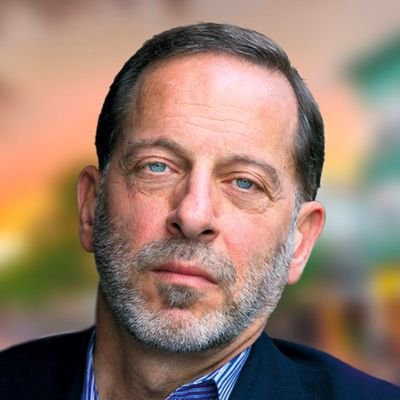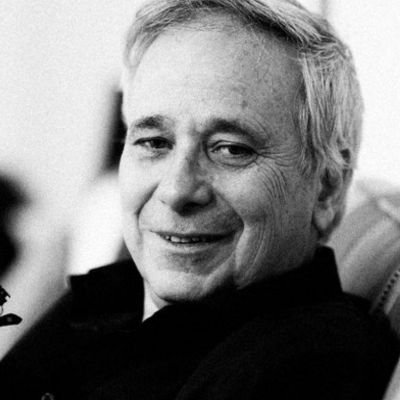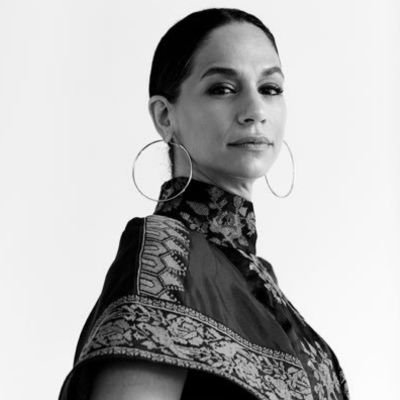The palestine Learning Hub
An allocation of learning material and resources about Palestine
Entry-level Videos on Palestine
Use these curated videos to get an entry-level knowledge of Palestine’s history and the history of the Palestinian struggle
Learn about Palestine
Courses- Learn about Palestine
The following institution worked hard on creating consistent syllabuses or a series of articles to help you learn about Palestine’s history and how to advocate for the Human Rights of Palestinians
Books on Palestine
If you’re a bookworm and would like to learn more about the culture and history of Palestine, we recommend these books
Hundred Years' War on Palestine

Rashid Khalidi
Historian
In 1899, Yusuf Diya al-Khalidi, mayor of Jerusalem, alarmed by the Zionist call to create a Jewish national home in Palestine, wrote a letter aimed at Theodore Herzl: the country had an indigenous people who would not easily accept their own displacement. He warned of the perils ahead, ending his note, “in the name of God, let Palestine be left alone.” Thus Rashid Khalidi, al-Khalidi’s great-great-nephew, begins this sweeping history, the first general account of the conflict told from an explicitly Palestinian perspective.
The Question of Palestine

Edwar Said
Academic and Literary Critic
The ethnic cleansing of Palestine

Ilan Pappé
Historian
Between 1947 and 1949, over 400 Palestinian villages were deliberately destroyed, civilians were massacred and around a million men, women, and children were expelled from their homes at gunpoint.
Denied for almost six decades, had it happened today it could only have been called ‘ethnic cleansing’. Decisively debunking the myth that the Palestinian population left of their own accord in the course of this war, Ilan Pappe offers impressive archival evidence to demonstrate that, from its very inception, a central plank in Israel’s founding ideology was the forcible removal of the indigenous population. Indispensable for anyone interested in the current crisis in the Middle East.
Justice for Some

Noura Erakat
Activist, Professor, and Scholar
Justice in the Question of Palestine is often framed as a question of law. Yet none of the Israel-Palestinian conflict’s most vexing challenges have been resolved by judicial intervention. Occupation law has failed to stem Israel’s settlement enterprise. Laws of war have permitted killing and destruction during Israel’s military offensives in the Gaza Strip. The Oslo Accord’s two-state solution is now a dead letter.
Sharon and My Mother-in-Law

Suad Amiry
Author and Architect
Capturing the frustrations, cabin fever, and downright misery of her experiences, Amiry writes with elegance and humor about the enormous difficulty of moving from one place to another, the torture of falling in love with someone from another town, the absurdity of her dog receiving a Jerusalem identity card when thousands of Palestinians could not, and the trials of having her ninety-two-year-old mother-in-law living in her house during a forty-two-day curfew. With a wickedly sharp ear for dialogue and a keen eye for detail, Amiry gives us an original, ironic, and firsthand glimpse into the absurdity—and agony—of life in the Occupied Territories.
Palestine on a Plate

Joudie Kalla
Chef
Palestinian food is not just found on the streets of the Old City of Jerusalem with the ka’ak (sesame) bread sellers and stalls selling za’atar chicken and mana’eesh (za’atar and sesame bread), but in the home too; in the kitchens all across the country, where families cook and eat together every day, in a way that generations before them have always done. Palestine on a Plate is a tribute to family, cooking, and home—old recipes created with love that brings people together in appreciation of the beauty of this rich heritage. Immerse yourself in the stories and culture of Palestine through the food in this book.
Mornings in Jenin

Susan Abulhawa
Writer and Human Rights Activist
Mornings in Jenin is a multi-generational story about a Palestinian family. Forcibly removed from the olive-farming village of Ein Hod by the newly formed state of Israel in 1948, the Abulhejos are displaced to live in canvas tents in the Jenin refugee camp. We follow the Abulhejo family as they live through a half century of violent history. Amidst the loss and fear, hatred and pain, as their tents are replaced by more forebodingly permanent cinderblock huts, there is always the waiting, waiting to return to a lost home.
Palestinian Films
Make your movie nights worth the while, expand your cinephile palette with these Palestinian man movies
The Time That Remains
2009
Fuad, a gunsmith, witnesses the destruction in Nazareth after the Israeli takeover in 1948. Years later, his son Elia grows up defiant of the Israeli occupation and has trouble accepting the change.
Paradise Now
2005
Paradise Now is a 2005 psychological drama film directed by Hany Abu-Assad about two Palestinian men preparing for a suicide attack in Israel. It won the Golden Globe Award for Best Foreign Language Film and was nominated for an Academy Award in the same category.

























